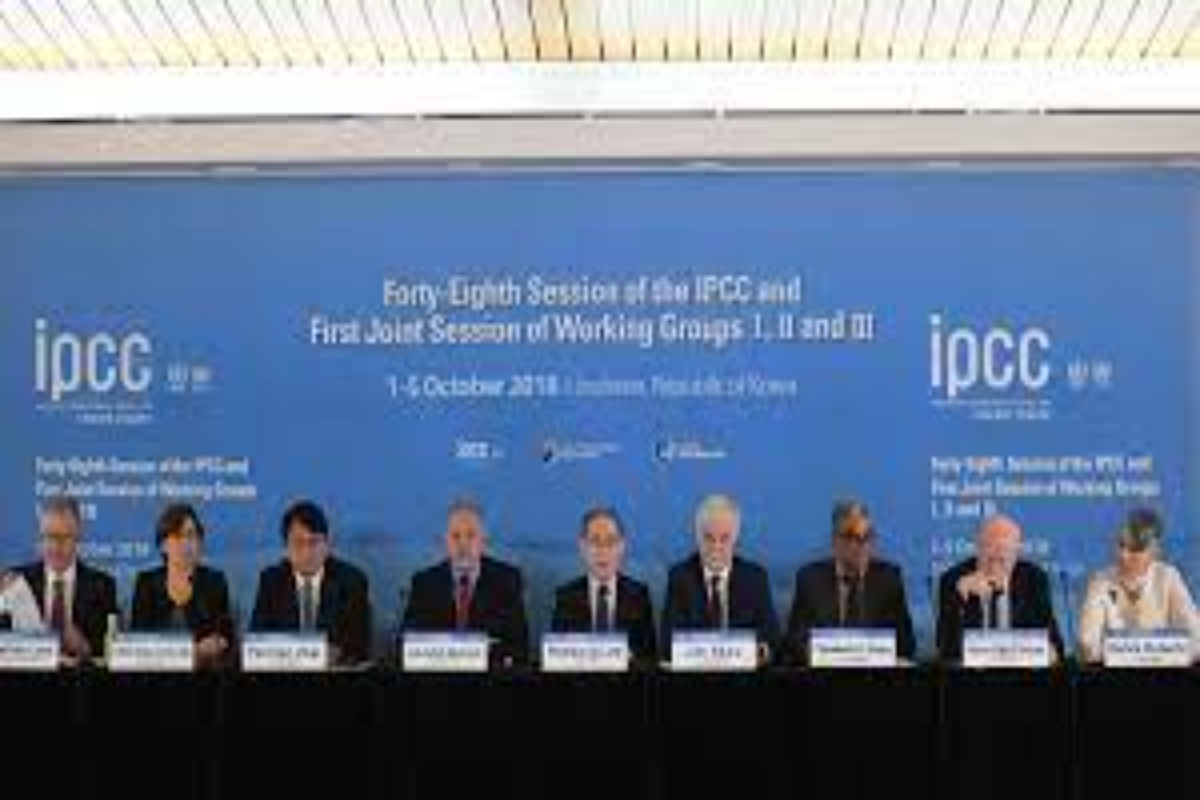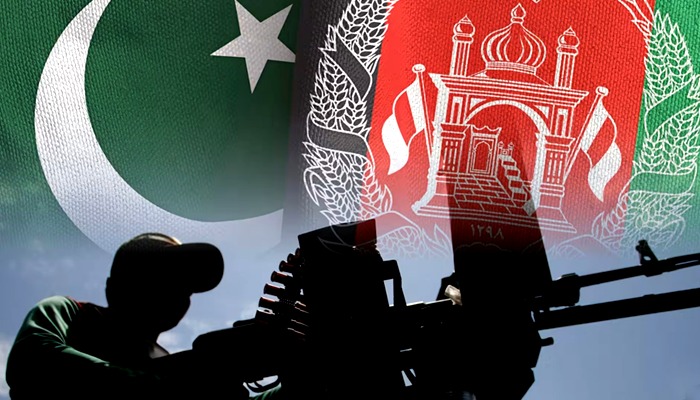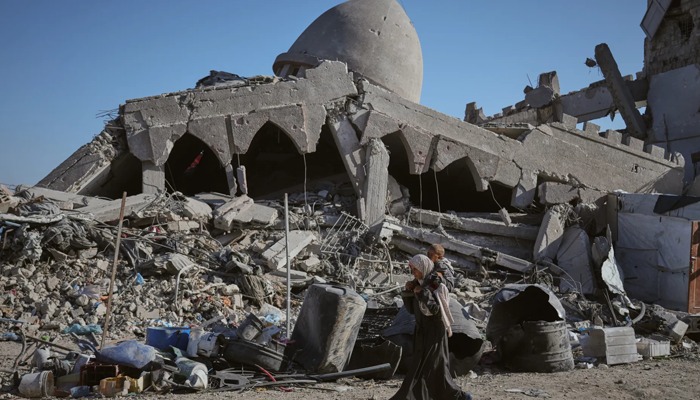- An official close to negotiations stated that the United States, which in the past had been reticent to even bring up the subject of loss and damage, “is striving to sign on.”
- On the most contentious topic at the United Nations climate negotiations in Egypt, negotiators claim they have reached a potentially game-changing agreement.
- It’s an example of what can be accomplished when the world’s poorest countries work together, according to Alex Scott, a climate diplomacy expert at the think tank E3G.
The creation of a fund to compensate poor countries that suffer from extreme weather made worse by the carbon pollution of rich countries is the most contentious issue at the United Nations climate talks currently taking place in Egypt. Negotiators claim to have reached a potential breakthrough agreement on this issue.
The Associated Press was informed by a number of cabinet ministers from several countries that a fund for what negotiators refer to as loss and damage had been agreed upon. It’s a major victory for less developed countries which have long demanded money, commonly referred to as reparations, because they frequently suffer the consequences of climate disasters despite having made minimal contributions to the pollution that heats up the world.
Sherry Rehman, Pakistan’s climate minister, who frequently led the way for the world’s poorest countries, stated, “This is how a 30-year-old journey of ours has finally, we hope, reached completion today.” The phrase “What happened in Pakistan will not stay in Pakistan” was repeated by her and other government officials this summer when a disastrous flood swamped a third of her country.
An official close to negotiations stated that the United States, which in the past had been reticent to even bring up the subject of loss and damage, “is striving to sign on.”
Even if an agreement is agreed, it must still be decided upon in unanimity late on Saturday night. However, as the negotiators enter what they believe would be their final session, other aspects of a settlement, which were outlined in a package of recommendations made earlier in the day by the Egyptian chairs of the talks, are still being worked out.
Both rich and developing nations expressed serious concern over suggestions for mitigation, or the reduction of greenhouse gas emissions. Officials claimed that Egypt’s proposed phrasing went back on some of the pledges made in Glasgow that were intended to maintain the goal of lowering global warming to 1.5 degrees Celsius (2.7 degrees Fahrenheit) since pre-industrial times. Since the middle of the 19th century, the planet has already warmed by 1.1 degrees Celsius (2 degrees Fahrenheit).
According to climate scientist Maarten van Aalst of the Red Cross Red Crescent Climate Centre, some of the Egyptian language on mitigation appeared to revert to the 2015 Paris agreement, which was made before scientists knew how important the 1.5 degree threshold was and heavily mentioned a weaker 2-degree Celsius (3.6 degrees Fahrenheit) goal. This is why scientists and Europeans are afraid of going backwards.
Eamon Ryan, Ireland’s environment minister, stated: “We need to reach an agreement on 1.5 degrees. In terms of mitigation, we will advocate for robust language.
Nevertheless, the compensation fund, which has often been referred to as a justice issue, received the majority of the focus.
Aminath Shauna, the Maldives environment minister, told the Associated Press early on Saturday afternoon following a meeting with other delegations, “There is an agreement on loss and damage.” That implies that for nations like ours, we will have the patchwork of answers we have been pushing for.
According to New Zealand’s Minister of Climate Change, James Shaw, the proposed agreement has the support of both the wealthy recipients and the poor recipients of the funding.
It’s an example of what can be accomplished when the world’s poorest countries work together, according to Alex Scott, a climate diplomacy expert at the think tank E3G.
Scott stated, “I believe it’s enormous that governments are actually working out at least the first stage of how to deal with the problem of loss and destruction.” She added that, like with all climate financials, setting up a fund is one thing, but getting money coming in and going out is quite another. The developed world has yet to fulfil its 2009 commitment to provide $100 billion year in other climate aid, which was intended to assist developing countries in pursuing green energy and preparing for future warming.
According to Harjeet Singh, head of global political strategy at Climate Action Network International, “the draught decision on loss and damage finance offers hope to the vulnerable people that they would obtain help to recover from climate disasters and reconstruct their lives.”
The chief Chinese negotiator declined to offer any comments on a potential agreement. European negotiators stated that they were prepared to support the agreement but refrained from doing so in the open until the complete package had been approved.
On Saturday afternoon, the Egyptian presidency, which had received criticism from all sides, proposed a new loss and damage deal. Within a few hours, an agreement was reached, but Norway’s climate and environment minister Espen Barth Eide claimed that it was more a result of nations working together than the Egyptians.
The most recent proposal states that the fund would at first rely on contributions from industrialised nations as well as other private and public sources, like international financial organisations. Large growing economies like China would not be obliged to contribute at first, but that option is still available and will be discussed over the following years. The European Union and the United States, who contend that China and other significant polluters now categorised as developing countries have the financial clout and duty to pay their way, make this one of their main demands.
The proposed fund would primarily benefit the most vulnerable countries, but there would also be funding available for middle-income countries who are badly affected by climatic disasters.
India’s demand to phase down oil and natural gas, along with last year’s agreement to wean the globe from “unabated” coal, are not included in an overall resolution that summarises the outcomes of the climate negotiations.
Many developed and poor countries demanded on Saturday a last-ditch effort to intensify carbon reductions, warning that the result will hardly improve on what was decided in Glasgow last year.
Additionally, it exempts developing nations like China and India from submitting any new targets prior to 2030. According to experts, they are necessary in order to reach the more ambitious goal of 1.5 degrees Celsius, which would stop some of the most severe effects of climate change.
While European, African, Pakistani, and small island nation delegations have been more vociferous during the climate conference, the American, Chinese, Indian, and Saudi Arabian delegations have maintained a low public profile.
Many of the over 40,000 participants have already departed, and workers have begun to pack up the enormous pavilions in the enormous conference zone.
Over the years, U.N. climate conferences have changed to resemble trade shows, with numerous nations and business associations setting up booths and exhibits for meetings and panel discussions.
At numerous stands, monitors had been removed, leaving cables hanging from walls, and chairs had been neatly piled in preparation for removal. The tables and floors were covered with flyers and brochures. Snack bars that were supposed to be open through the weekend, according to the Egyptian organisers, were empty out.
A stack of handwritten postcards from kids to negotiators was put on a table at the youth pavilion, where young activists congregate.
[embedpost slug=”a-1990s-potomac-river-rapist-suspect-who-was-detained-dies-in-custody/”]



















